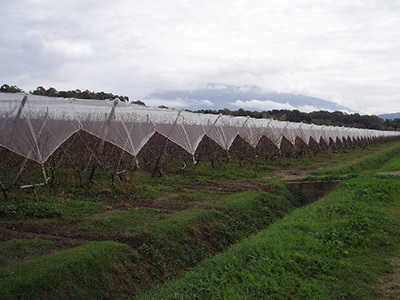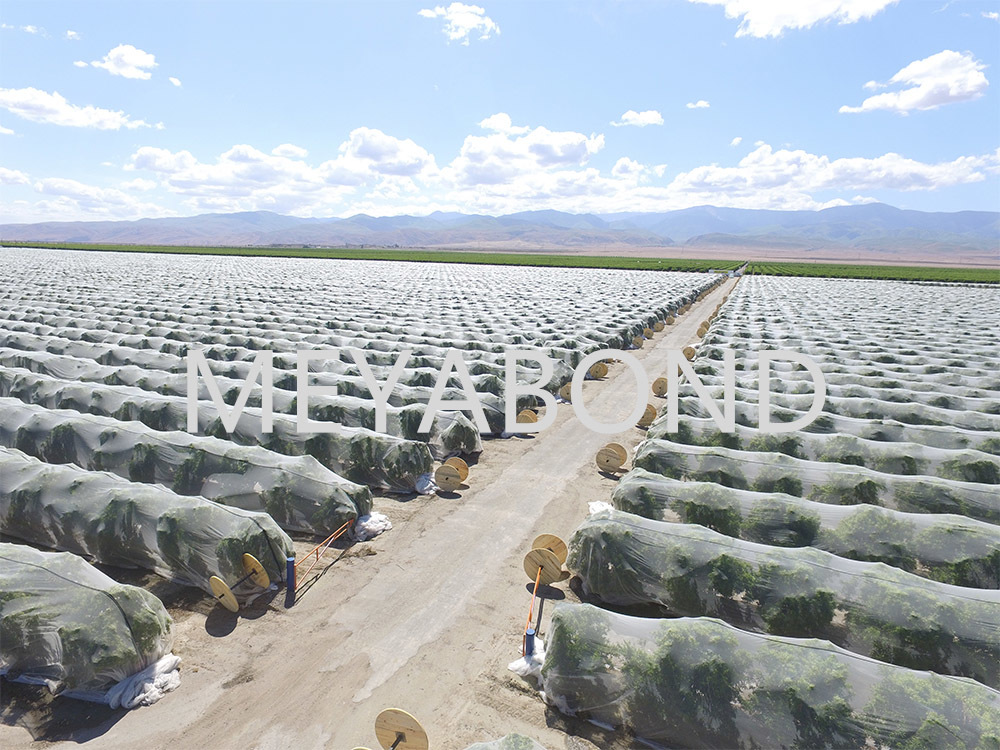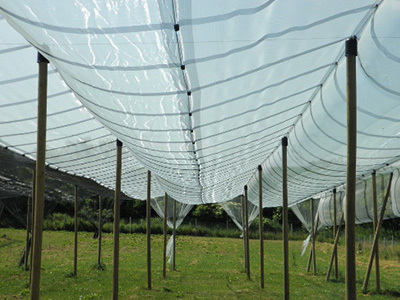Effective Protection Against Pests: The Benefits of Anti Aphid Nets in Agricultural Practices
In the realm of agricultural innovation, the use of anti aphid nets has become a pivotal strategy for safeguarding crops against pest invasions, particularly aphids. Aphids are notorious for their ability to reproduce rapidly and cause significant damage to a wide range of crops. By implementing anti aphid nets, farmers can create a protective barrier that not only deters these pests but also fosters an environment conducive to crop health.
Anti aphid nets are specially designed mesh barriers that are fine enough to prevent aphids and other small insects from penetrating while allowing air, sunlight, and moisture to reach the plants. This is vital for maintaining the delicate balance of resources that crops need to thrive. The benefits of using these nets extend beyond mere pest control; they also play a significant role in enhancing the overall health and productivity of plants.
One of the most critical advantages of anti aphid nets is their ability to reduce the reliance on chemical pesticides. With the global trend moving towards sustainable agriculture, minimizing chemical use is essential. By employing these nets, farmers can significantly decrease the need for pesticides, which not only protects beneficial insects but also contributes to the health of the surrounding ecosystem. This aligns with the growing consumer demand for organic and sustainably grown produce.
Additionally, the use of anti aphid nets can lead to higher yields and better-quality crops. By preventing aphids from feeding on plants, these nets help maintain the vigor of crops, allowing them to grow stronger and more resilient. Healthy plants are less susceptible to disease and can produce more abundant harvests, ultimately benefiting farmers economically.
Furthermore, anti aphid nets can be utilized in various agricultural settings, including greenhouses, nurseries, and open-field farming. They can be easily installed and adapted to fit different crop types and growth stages, making them a versatile solution for many agricultural operations.
In summary, anti aphid nets serve as a crucial component of integrated pest management strategies in agriculture. By providing effective protection against aphids and other pests, they not only enhance crop yield and quality but also support sustainable farming practices. As the agricultural industry continues to evolve, the adoption of such innovative solutions will be key to meeting the challenges posed by pests while ensuring environmental stewardship.
Anti aphid nets are specially designed mesh barriers that are fine enough to prevent aphids and other small insects from penetrating while allowing air, sunlight, and moisture to reach the plants. This is vital for maintaining the delicate balance of resources that crops need to thrive. The benefits of using these nets extend beyond mere pest control; they also play a significant role in enhancing the overall health and productivity of plants.
One of the most critical advantages of anti aphid nets is their ability to reduce the reliance on chemical pesticides. With the global trend moving towards sustainable agriculture, minimizing chemical use is essential. By employing these nets, farmers can significantly decrease the need for pesticides, which not only protects beneficial insects but also contributes to the health of the surrounding ecosystem. This aligns with the growing consumer demand for organic and sustainably grown produce.
Additionally, the use of anti aphid nets can lead to higher yields and better-quality crops. By preventing aphids from feeding on plants, these nets help maintain the vigor of crops, allowing them to grow stronger and more resilient. Healthy plants are less susceptible to disease and can produce more abundant harvests, ultimately benefiting farmers economically.
Furthermore, anti aphid nets can be utilized in various agricultural settings, including greenhouses, nurseries, and open-field farming. They can be easily installed and adapted to fit different crop types and growth stages, making them a versatile solution for many agricultural operations.
In summary, anti aphid nets serve as a crucial component of integrated pest management strategies in agriculture. By providing effective protection against aphids and other pests, they not only enhance crop yield and quality but also support sustainable farming practices. As the agricultural industry continues to evolve, the adoption of such innovative solutions will be key to meeting the challenges posed by pests while ensuring environmental stewardship.
Key words:
Related News
CONTACT US
Email: sales8@meyabond.com
Tel: +8618911966213
No.3 Yard, ZhongHe Road, 100071,FengTai District, Beijing, China
Email: sales8@meyabond.com
Tel: +8618911966213
No.3 Yard, ZhongHe Road, 100071,FengTai District, Beijing, China
















